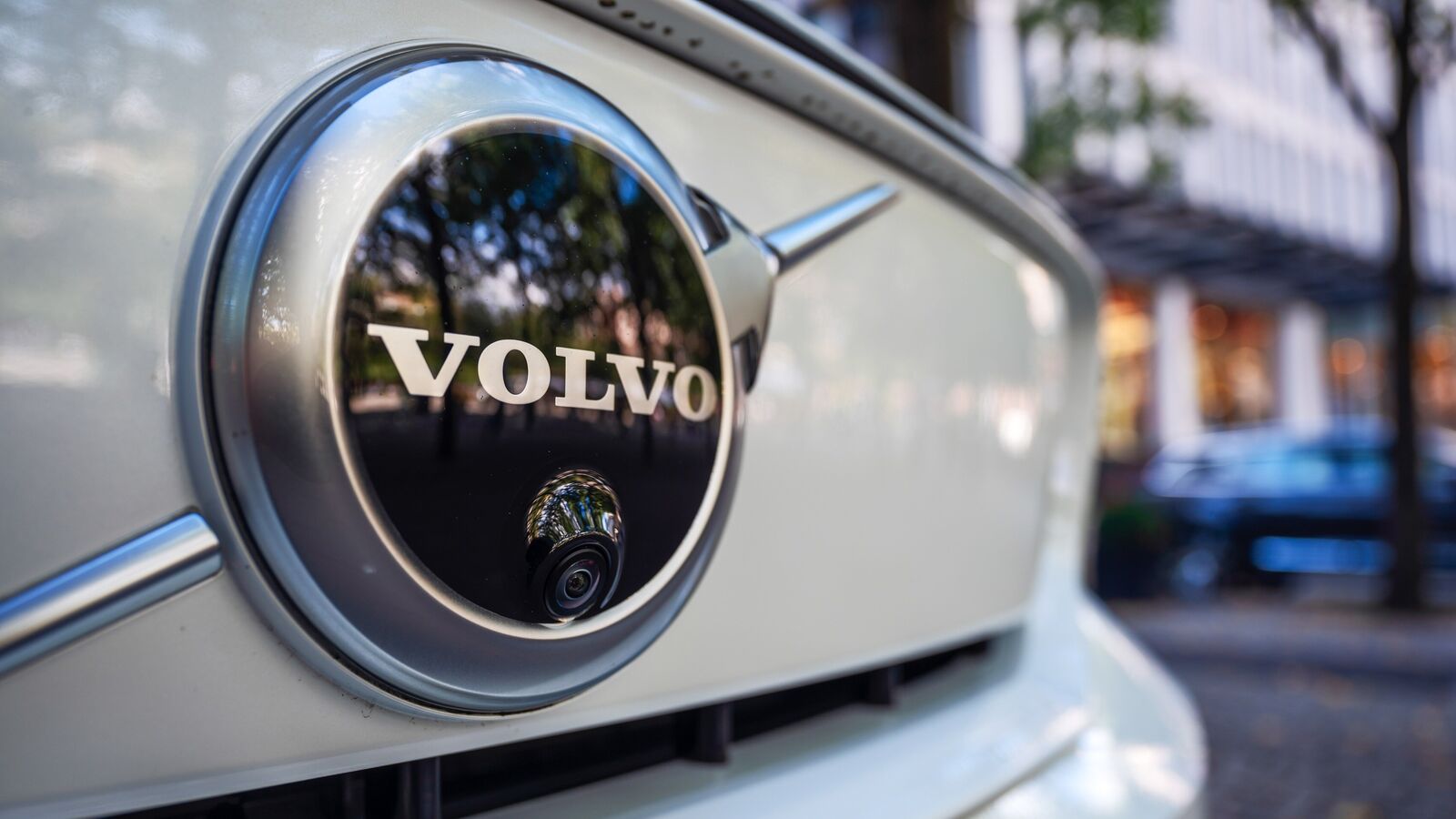With EV sales experiencing a slowdown in key markets like the US and China, automakers are reassessing their timelines and product portfolios. Volvo C
…
Volvo, once a pioneer in the electric vehicle (EV) race, is undergoing a strategic shift. The Swedish automaker, which had ambitiously targeted a fully electric lineup by 2030, is now leaning towards a hybrid-focused approach.
The decision comes amid a broader industry trend of recalibrating EV strategies, a report by Automotive news stated. With EV sales experiencing a slowdown in key markets like the US and China, automakers are reassessing their timelines and product portfolios. Volvo’s CEO, Jim Rowan, while remaining a staunch advocate for electric propulsion, acknowledged the need to cater to customers not yet ready to fully embrace EVs.
(Also read: Volvo C40 Recharge launched in India at ₹61.25 lakh)
Hybrid technology, particularly plug-in hybrids (PHEVs), is being positioned as a bridge to electrification. These vehicles offer a blend of electric and internal combustion power, providing drivers with flexibility and reduced emissions. ht this strategy.
A balancing act
Interestingly, this shift doesn’t signal a retreat from electrification for Volvo. The company remains committed to its EV goals, particularly in markets like Europe where electric vehicle adoption is more advanced. Models like the Volvo EX30 have already garnered significant interest, and Volvo is confident in achieving its target of 50 per cent fully electric sales by 2025.
Also watch: Volvo EX90 makes debut: First Look
However, the automaker recognises the importance of offering a diverse range of powertrains to meet the varied needs of its customers. By focusing on hybrids, Volvo aims to balance its environmental responsibilities with consumer demands for practical and affordable options.
The broader industry trend
Volvo’s decision is part of a larger industry trend. Several other automakers, including Aston Martin, Volkswagen, and Mercedes, have adjusted their EV timelines in response to market dynamics.
(Upcoming electric cars in India)
The automotive landscape is evolving rapidly, and manufacturers are adapting their strategies to stay competitive while addressing the challenges and opportunities presented by the transition to electric mobility. As the automotive industry navigates this complex terrain, it is clear that hybrid technology will play a crucial role in the journey towards a sustainable future.
First Published Date: 30 Jul 2024, 19:36 PM IST

